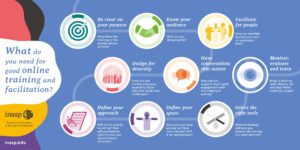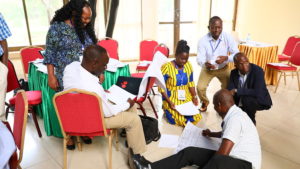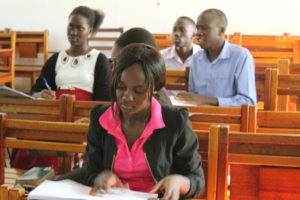Exploring political economy analysis at INASP
In the first of two blog posts, Emily Hayter discusses how INASP is using context analysis to help inform our programmes, and why this is important.
In the first of two blog posts, Emily Hayter discusses how INASP is using context analysis to help inform our programmes, and why this is important.
As travel and face-to-face meetings continue to be restricted, we introduce a new self-paced online tutorial designed to help with facilitation of online courses and events.
Tabitha Buchner and Josie Dryden reflect on feedback and lessons learnt from an online course to support higher education transformation in East Africa – and look ahead to how these lessons are feeding into future developments.
With a wealth of conflicting ideas and opinions available online about many of the pressing issues facing the world today, skills to appraise information sources and recognise biases in interpreting evidence are so important. Siân Harris discusses two online approaches that INASP has been offering this year to help researchers develop their critical thinking skills.
If changes to higher education are to achieve their objectives fully they need to be inclusive of all students. Mai Skovgaard shares what some university teaching staff in Tanzania and Uganda are doing to make their classes more gender responsive.
A key component of ensuring students leave university with appropriate skills for employment when they graduate is fostering links with employers. Vincent Otieno Odhiambo, Regional Director of Ashoka East Africa in Kenya, shares some examples of how social entrepreneurs are providing that link in supporting the Transforming Employability for Social Change in East Africa (TESCEA) partnership.
Registered charity no: 1106349
The Old Music Hall, 106-108 Cowley Road,
Oxford, OX4 1JE, UK
Tel: +44 (0)1865 249909
Email: [email protected]
© copyright 2026






